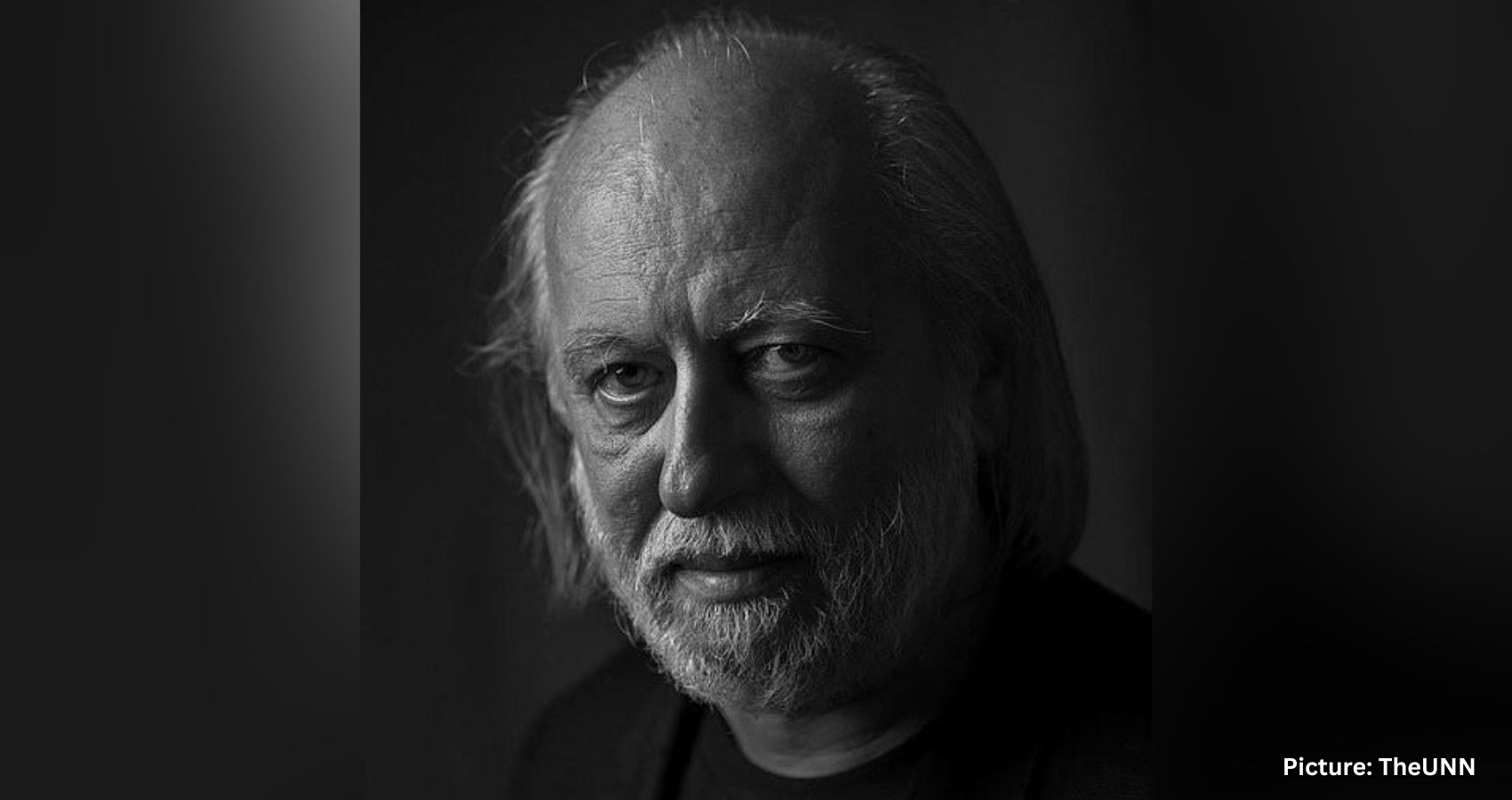Hungarian writer László Krasznáhorkai stands out as one of the most significant figures in contemporary European literature. He’s also a favorite among filmmakers, thanks to his knack for writing compelling screenplays.
Not many Malayalis are familiar with Krasznáhorkai, but many of his remarkable novels have been adapted into excellent Hungarian films. Recently, he was awarded the Nobel Prize in Literature.
Born in 1954 in the small town of Gyula near the Romanian border in southeastern Hungary, Krasznáhorkai was a shy child from the start. His father was a lawyer and his mother a teacher.
He developed a love for reading early on and became interested in history and literature. After earning a law degree from the University of Szeged, he went on to study Hungarian language and literature at Eötvös Loránd University in Budapest. During this period, Eastern European countries were under Soviet influence, and the regimes there were gradually morphing into totalitarian states. Witnessing these changes, Krasznáhorkai’s frustration grew, and his writing began to reflect this, often featuring long, rambling sentences without punchlines.
His works are widely regarded as prophetic, foretelling destruction and chaos.
His debut novel, ‘Satan Tango,’ published in 1985, caught attention for its bold narrative. His book ‘Herst 07769,’ which explores social unrest, was hailed as one of the best contemporary German novels. Although he was in the running for the Booker Prize in 2018, his name was ultimately left off the final list. Still, receiving the Nobel Prize marks a significant milestone.
Krasznáhorkai’s signature style is characterized by a tone of unwavering despair and bleakness. His stories often focus on the sighs and tears of people trapped in a confusing, turbulent world. Some critics might wonder why an author with such a stark outlook is being handed the world’s most prestigious literary award. But perhaps that’s precisely why he deserves it.
At a time when the world faces mounting crises and uncertainties—from climate change to political divisions—his works serve as a beacon, issuing a stark warning. His dark universe may be harsh, but it rings true.
This Nobel Prize isn’t just a recognition of Krasznáhorkai’s talent; it’s an acknowledgment of his courageous, unflinching literature that confronts truths and pushes beyond superficial comfort.

